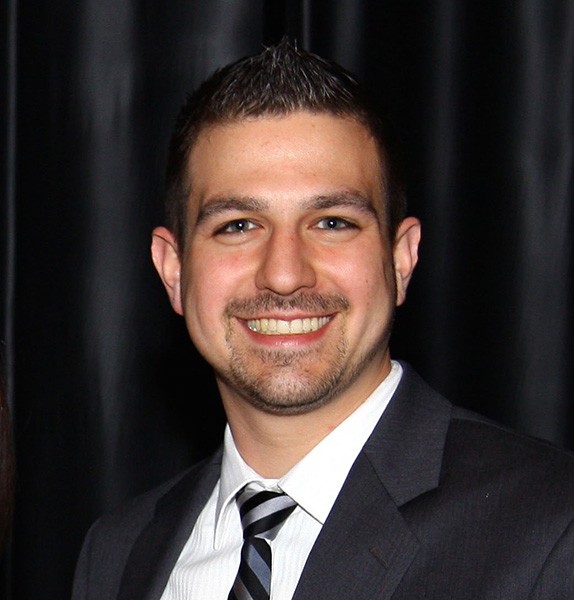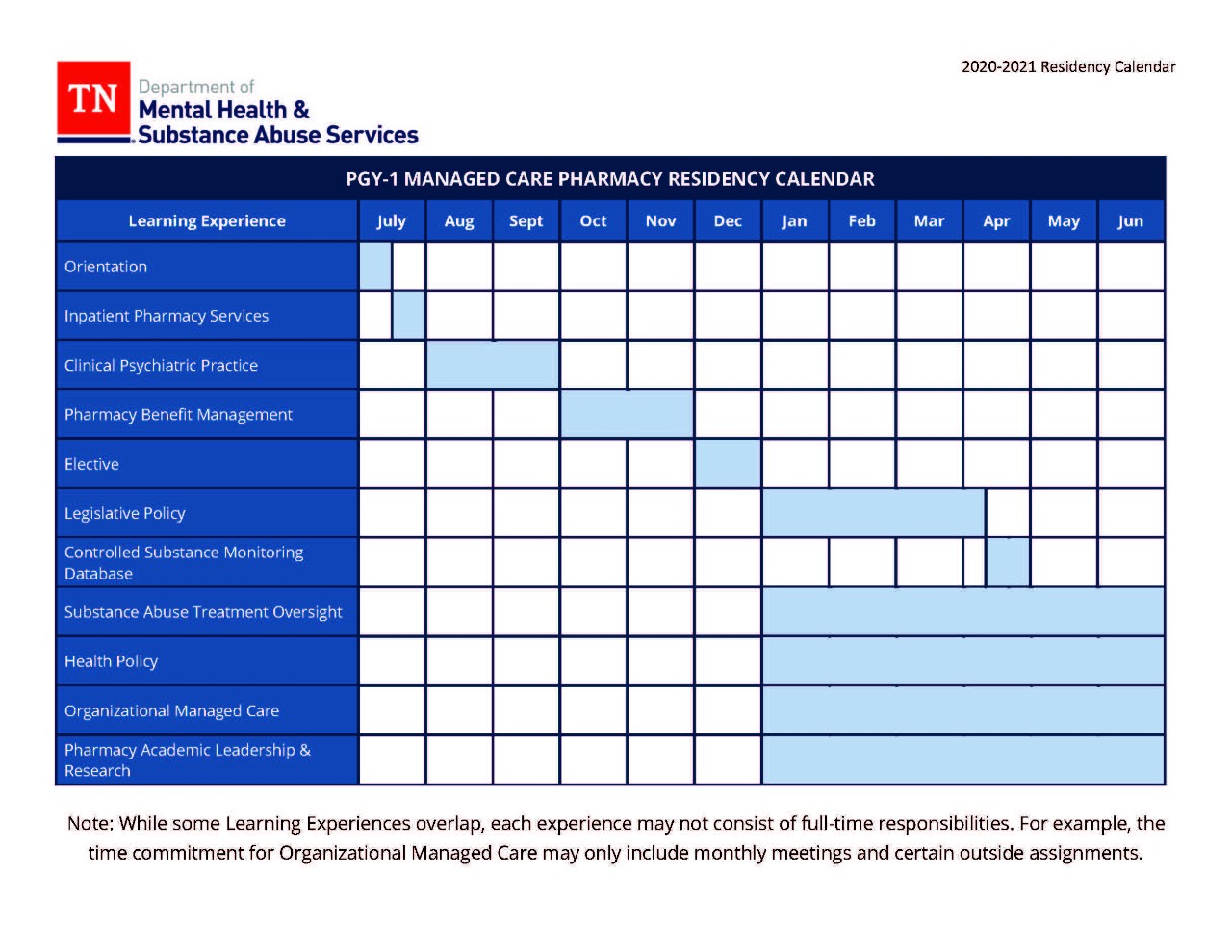Program Summary
Year at a Glance
This residency program offers several different learning experiences in a variety of pharmacy settings, both traditional and non-traditional, with highly qualified and experienced preceptors to aid in the personal and professional development of the resident to help them achieve their career goals. The resident’s strengths, weaknesses, and career goals are assessed throughout the residency year and modifications to the training plan can be made as needed to help achieve these goals. A summary of each of the current learning experiences are available below.
Learning Experience Summaries
Summary: We want to make sure that your transition to a pharmacy resident is a smooth one. During the orientation learning experience, the resident will cover the goals, objectives, and requirements for the residency. The resident will also complete an entering assessment to identify strengths and weaknesses and a customized residency training plan will be developed to ensure that your training plan is individualized to focus on your interests.
Duration: 1 month
Preceptor: Wesley Geminn, PharmD, BCPP – Chief Pharmacist, State Opioid Treatment Authority, Residency Program Director
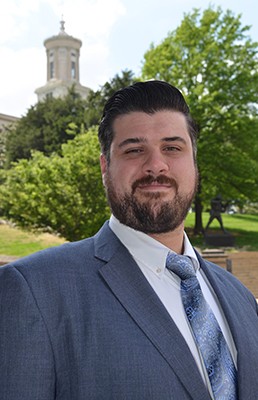
Summary: During this learning experience the resident will gain knowledge and hands-on experience working as a clinical psychiatric pharmacist at a state psychiatric hospital. The resident will participate in treatment team on a daily basis, monitor all of the patients on an acute care wing, evaluate patients, and recommend plans and changes to medication regimens and follow up with patients. Furthermore, the resident will work directly with an interdisciplinary team including nurses, physicians, social workers and other healthcare providers. Leading a weekly patient education during patient group sessions is another great opportunity for the resident.
Duration: 2 months
Preceptor: Emily Wright, PharmD, BCPP – Clinical Pharmacist, Middle Tennessee Mental Health Institute

Summary: The goal of the PBM learning experience is to become familiar with the qualities and aspects of managed care pharmacy relating to pharmacy benefits management and the State of Tennessee Medicaid plan. TennCare is the single state agency responsible for the administration and supervision of the Tennessee Medicaid program. The resident will work with the pharmacy team at TennCare and their contracted PBM and MCOs to gain a better understanding and hands-on practical experience of the administrative and clinical responsibilities of the managed care pharmacist
Duration: 2 months
Preceptor: Renee Williams, PharmD – Chief Pharmacy Officer, Bureau of TennCare

Summary: The resident will have the opportunity to participate in medication distribution process at Middle Tennessee Mental Health Institute. The resident will learn how to operate the facility’s Electronic Clinical Record, verifying medical orders and identifying interventions to promote medication safety and effectiveness. Duties include responding to the needs of other hospital staff by participating in group therapy sessions, responding to drug information questions, and suggest formulary alternatives for any non-formulary orders. The resident will also prepare reports for the hospital’s Pharmacy and Therapeutics committee by analyzing drug utilization and adverse drug events.
Duration: 3 weeks
Preceptor: Lance Morgan, PharmD, BCPP – Pharmacy Director, Middle Tennessee Mental Health Institute
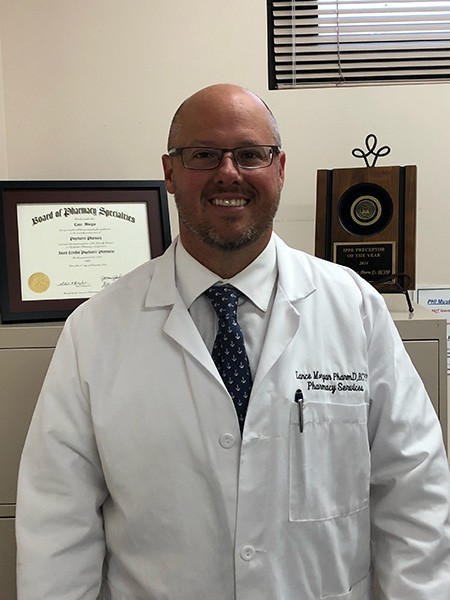
Summary: This learning experience will allow the resident to participate in various aspects of developing rules and laws that affect pharmacy services and mental health or substance abuse services across the State. Rulemaking activities will include participating in the development of draft rules, attend a rulemaking hearing, and discuss the steps by which rules become effective. The resident will also develop departmental bill analyses, attend legislative sessions, track bill progress, and prepare for legislative testimony. Other opportunities include interpreting and evaluating proposed changes to rules and statutes and determine their impact on pharmacy practice and the health-care system and conducting policy subject research relating to current legislation.
Duration: 3 months
Preceptor: Kurt Hippel, JD – Assist Commissioner, Division of Planning, Policy & Legislation
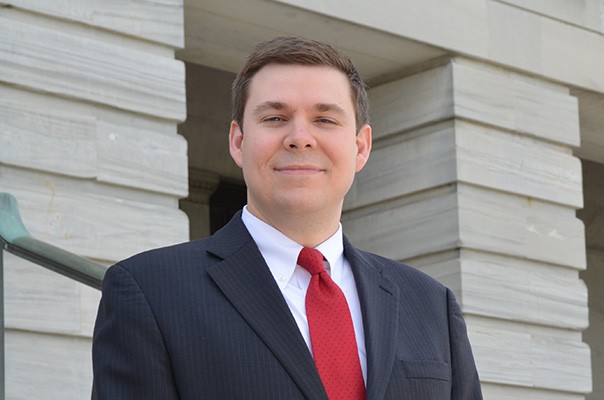
Summary: The CSMD, Tennessee’s Prescription Drug Monitoring Program(PDMP), learning experience will allow the resident to identify opportunities to improve the program, and conduct research relevant to PDMP utilization and data analysis.
The resident will learn how the CSMD program works to preserve the confidentiality of patient information and the legal requirements relevant to obtaining information from the CSMD. The resident will learn how the CSMD program utilizes criteria-based metrics to determine potential over-prescribers and over-dispensers of controlled substances and determine if patient activity indicates doctor shopping. The resident will also have the opportunity to review and evaluate provider education materials sent to prescribers and pharmacists identified as over-utilizing controlled substances and to interpret results of analyses of large databases and development of criteria-based metrics to make informed decisions in determining the general healthcare or education needs for populations of patients.
Duration: 2 weeks
Preceptor: Todd Bess, PharmD – Executive Director, Controlled Substance Monitoring Database Program

Summary: The resident will serve as a State Opioid Treatment Authority Designee and provide clinical consultation services and perform state audits of opioid treatment programs (OTPs) in Tennessee for rule compliance. The resident will have the opportunity to attend national calls with SAMHSA and NASADAD, respond and investigate complaints and emergency situations, monitor substance abuse treatment progress in Tennessee and liaison with the department of licensure, and perform patient case reviews to evaluate appropriateness of dosing and take-home exception requests.
Duration: Longitudinal from January to June
Preceptor: Wesley Geminn, PharmD, BCPP – Chief Pharmacist, State Opioid Treatment Authority, Residency Program Director
Summary: The resident will assist the chief pharmacist in a variety of health policy projects and committee meetings as part of daily functioning at TDMHSAS Division of Clinical Leadership, participate in the TDMHSAS Institutional Review Board, the RMHI Quality Committee, and other health policy-related project or initiatives the preceptor deems appropriate. The resident will also serve as a drug/policy information resource and participate in clinical planning for the RMHIs and the department. The resident will have the opportunity to organize the department’s monthly pharmacy journal club webinar and serve as a resident editor of the RMHI pharmacy newsletter, The RxFactor.
Duration: Longitudinal from January to June
Preceptor: Wesley Geminn, PharmD, BCPP – Chief Pharmacist, State Opioid Treatment Authority, Residency Program Director
Summary: The resident will organize and participate as a non-voting member of the department’s Formulary Review Oversight Committee (FROC) for the regional mental health Institutes (RMHIs). The resident will review and research any requests for drugs to be added to the formulary, review the costs and usage of non-formulary utilization at the RMHIs, and develop drug monographs and/or class reviews to be presented at the meetings.
The resident will also serve as a participant on the Clinical Advisory Workgroup for CoverRx, the drug benefit program for the State’s behavioral health safety net. The resident will work directly with TennCare and Magellan pharmacists to develop materials for Clinical Advisory Workgroup meetings responsible for making formulary decisions, quantity limits and other plan services. The resident will also participate on CoverRx’s monthly client calls which update stakeholders on member enrollment, formulary utilization and other topical issues including; member dual enrollment, flu shot utilization, issues with call center, member and provider complaints.
Duration: Longitudinal from January to June
Preceptor: Wesley Geminn, PharmD, BCPP – Chief Pharmacist, State Opioid Treatment Authority, Residency Program Director
Summary: The resident will have the opportunity to participate in the Teaching and Learning Program with the University of Tennessee College of Pharmacy, learning about various aspects of becoming a more effective pharmacist preceptor and developing a teaching portfolio. The resident will be given ample opportunity to work directly with pharmacy students, both in the classroom and on APPEs. The resident will also have the opportunity to gain experience in developing and conducting research projects, analyzing results, and submitting the resulting manuscripts for publication consideration.
Duration: Longitudinal
Preceptor : Ken Hohmeier, PharmD - Associate Professor & Director of Community Affairs,
Residency Program Director of PGY1 Community Pharmacy Residency Program, University of Tennessee College of Pharmacy
